Why did the political elite of Australia allow a nasty idea, the constitutional right to a Voice for one group of Australians, to be put to the Australian people?
It is not as if changing the Australian constitution would solve the Aboriginal problem: that 20 per cent have been locked out of the spoils of modernity by an ideology of self-determination. Indeed, it was only going to make things worse.
The Voice was always a political instrument designed to privilege one class of Aborigine, the urban university elite, primed in separatist ideology, buttressed by misapplied post-colonialist mumbo jumbo, and identity self-regard. Noel Pearson, Marcia Langton, Megan Davis and a host of others charged ahead thinking they were talking to Australia. They were not. They were talking to Mark Leibler, Danny Gilbert, Greg Craven, Julian Leeser and a host of paid-for Aboriginal leaders with stars in their eyes. Professors, lawyers, bishops, editors, and leaders of industry should have called out their behaviour. But few had the strength or insight to oppose, so the key players got away with indulging their egos.
The Uluru attempted coup was an outrageous presumption on a nation that had done more than most to bring an ancient people into the modern world. Aboriginal voices are everywhere, but some of those who had made the transition to modernity most successfully wanted more and spat in the nation’s face. They called Australians stupid and racist.
The referendum was a legacy exercise, the last desperate lunge at hero status by a leadership divorced from their people and disdainful of their own journey to integration. They, and the Yes camp, were willing to trash equality of citizenship because they were wooed by the constant refrain of ‘65,000 years of continuous culture’, first nations, acknowledgement and welcome to country, elders, and spirituality. It was Disneyland on steroids. When elites are so irresponsible as to accept this anti-enlightenment diatribe disaster looms. The big mistake of the elites was to place the decision in the hands of the people.
And the lies. My God did they lie. The claim, for example, that colonisation ‘forced removal of children’ and that its effect continues is perhaps the biggest. Evidence was trotted out, that, ‘Indigenous children with a family history of removals were nearly twice as likely to be arrested or charged with an offence’. What classic displacement. The removals occurred because children were at risk from their own, albeit damaged parents. Had they not been removed the arrest rate may have been three times that of other children. The same may be true for non-Aboriginal children taken into care. And what of the majority not removed, were they not ‘victims’ of colonisation?
The clash of cultures at the coming of civilisation was inevitable. The only issues were how Aborigines would adapt and how many would fail. The good news is that many have adapted, but tragically some have not.
As Nigel Biggar observes in his book Colonialism: A Moral Reckoning, ‘History contains an ocean of injustice, most of it unremedied and now lying beyond correction in this world’. So, for goodness’ sake can we cast off the execrable claims of hateful intellectuals and Aboriginal radicals hungry for revenge, and concentrate on the children.
The good thing to come from the anticipated comprehensive rejection of the Voice is the opportunity to re-establish humanity as the basis for Aboriginal policy. Australians must be treated equally before the law, merit must be rewarded, and those in need helped. The nasty politics of identity destroys legal equality and merit, and wastes money on those not in need.
So where to from here?
The explicit purpose of Aboriginal policy must be to bring the last 20 per cent, the minority of Aborigines, those who have been unable to adapt, into the open society. To do so requires that all policies are based on need or merit, and not on race.
It also is vital that the difference between ‘access’ to services and the ‘attitudes’ to the use of those services is understood. I will scream the next time I read that we need access to education, employment and health. Access is not the problem, having it accepted is. Individuals must take responsibility for their future by using the services provided.
The old Labor idea of the ‘social contract’ must be respected. To live as a ‘proud’ Aboriginal person with the full suite of culture, language, land and spirituality is not acting responsibly if it pushes out learning how to live in the modern world. Being Aboriginal is not enough.
Middle-class Aborigines should receive no preference in services, programs, or anything else. Merit or need should be the only basis for access to services. This is especially so in school and university scholarships.
Bright students, who would not otherwise be able to attend education, are free to compete for scholarships on merit. Children, whose parents have means, should not receive a scholarship simply because they are Aboriginal.
Much money is wasted in this field because too many private schools want their Aboriginal student as an icon of virtue. Too often, it is someone who would have made it anyway. By contrast, the home circumstances of many remote area Aborigines are so dire that they need boarding school for a chance at a better life.
If the aim of Aboriginal policy is to arm individuals to better navigate the world, then Aboriginal control is not the solution. The mantra that only Aborigines can know and help Aborigines is industry hype. A service provider must prove that they can deliver a better service than a competitor.
More powerful is to free Aborigines from government services. To live as freely as any other Australian, free from their overbearing leaders. The referendum has been a disaster for the industry and its supporters. Please join us at Close the Gap Research and strike a blow for Aboriginal liberty.
Got something to add? Join the discussion and comment below.
Get 10 issues for just $10
Subscribe to The Spectator Australia today for the next 10 magazine issues, plus full online access, for just $10.
Gary Johns is leader of closethegapresearch.org.au
You might disagree with half of it, but you’ll enjoy reading all of it. Try your first month for free, then just $2 a week for the remainder of your first year.

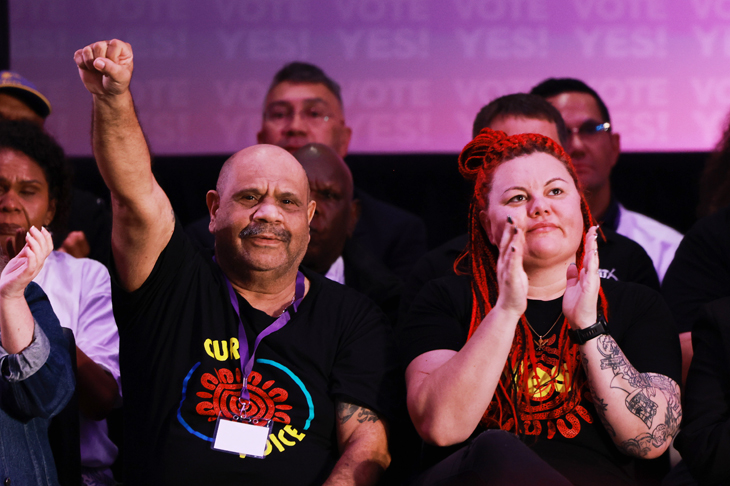
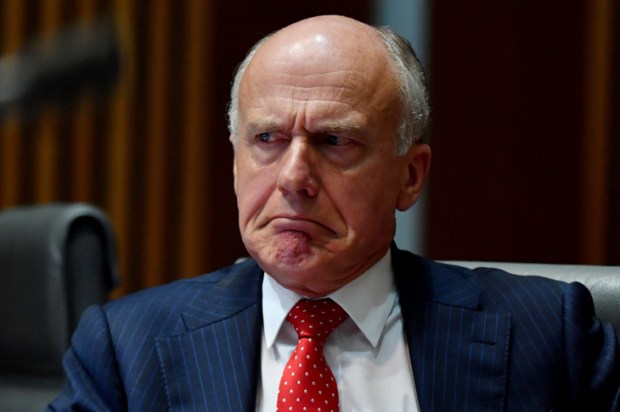
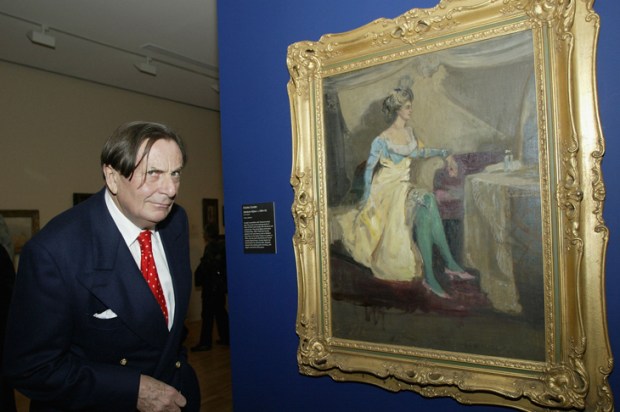
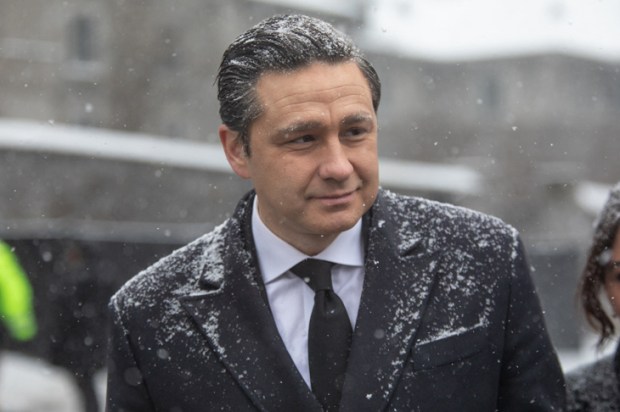
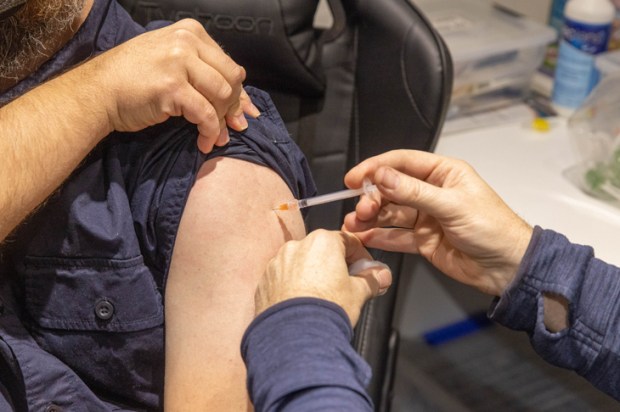
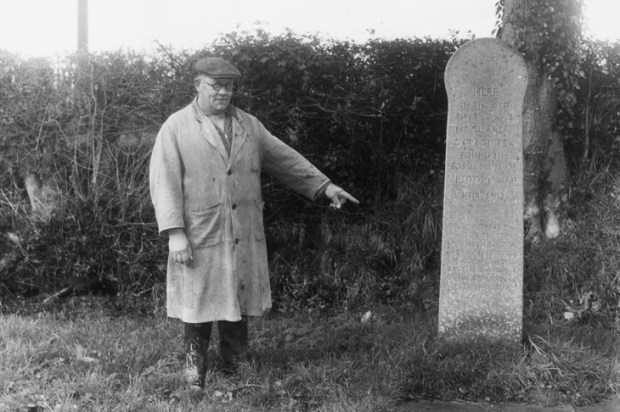
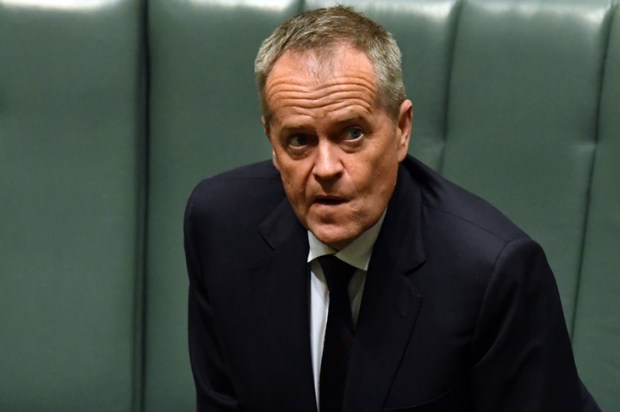






Comments
Don't miss out
Join the conversation with other Spectator Australia readers. Subscribe to leave a comment.
SUBSCRIBEAlready a subscriber? Log in